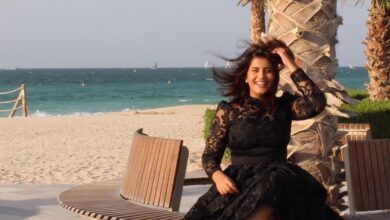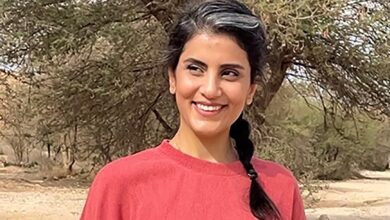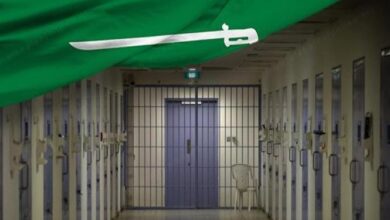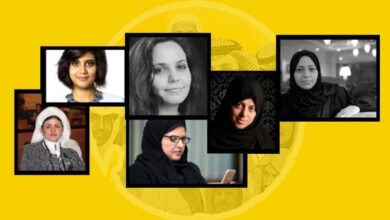CPJ: Saudi Arabia is one of the world’s most abusers of journalists and freedom of expression
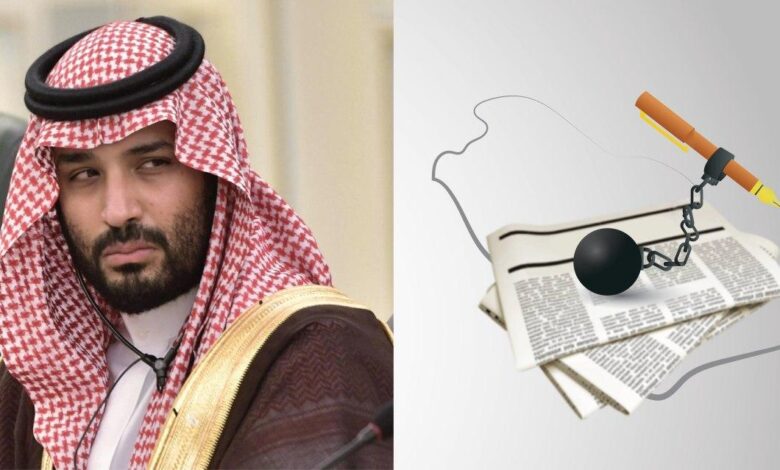
The International Committee to Protect Journalists (CPJ) has described Saudi Arabia as one of the world’s most violating countries for journalists and freedom of expression.
The International Committee ranked the Kingdom in eighth place in the world after Russia and before Iran in arresting journalists as it detains 14 journalists. In addition, the killing of journalist Jamal Khashoggi had the effect of intimidating independent journalists.
The committee said that the Saudi regime, under the supervision of Crown Prince Mohammed bin Salman, deliberately suppressed journalists by force after several waves of arrests that began to increase in 2017 and reached their climax in 2019.
The report stated: The number of imprisoned journalists worldwide reached a new record in 2021. Repressive regimes in Asia, Europe, and Africa rely on new security laws and technology to crack down on independent journalism.
2021 has been a particularly bleak year for press freedom advocates.
The Committee to Protect Journalists’ census of imprisoned journalists for 2021 found that the number of journalists imprisoned for their work was 293, a new record high and more than the number of 280 imprisoned in 2020.
At least 24 journalists have been killed for their reporting so far this year; Another 18 journalists died in mysterious circumstances, and it was impossible to determine whether they had been targeted with murder.
China remains the country that imprisons the most significant number of journalists for the third year in a row, as 50 journalists are imprisoned.
Myanmar advanced to second place after a crackdown on the media following the February 1 military coup. Egypt, Vietnam and Belarus ranked third, fourth and fifth, respectively.
The reasons for this steady rise in the number of imprisoned journalists—this is the sixth consecutive year in which the CPJ census records at least 250 imprisoned journalists—differ from country to country. Still, they all reflect a clear trend: increased intolerance of Independent press coverage.
In order to stay in power, strict autocrats are increasingly ignoring due process and violating international norms.
In a world preoccupied with COVID-19 and seeking to prioritize issues such as climate change, it is clear that repressive governments realize that popular discontent with human rights abuses has diminished, and democratic governments are less eager to impose political or economic sanctions in this regard.
It is true that some countries deviated from the expected path and detained more journalists. Still, other countries, such as Turkey, which imprisoned the most significant number of journalists in a year, ranked sixth on CPJ’s census after releasing 20 journalists, and it still holds 18 journalists.
Saudi Arabia released 10 imprisoned journalists – it is currently holding 14 journalists, and no new case of imprisoning journalists was recorded in the 2021 census – which means that it is no longer among the five countries that detain the most significant number of journalists.
But it would be naive to think that the decline in the number of journalists imprisoned in a country indicates a change in its attitude towards journalism.
The Committee to Protect Journalists has noted that the crackdown by Turkish authorities after the failed coup attempt in 2016 effectively eliminated the media from the country’s mainstream and prompted many journalists to leave the profession.
The number of journalists imprisoned in Turkey is also decreasing, as the government allows more journalists to be released pending trial or appeal cases.
In Saudi Arabia, the intimidating effect of the horrific murder and dismemberment of Jamal Khashoggi in 2018, along with several new detentions in 2019, is likely to have been more effective in silencing many journalists than any new wave of arrests.
In addition, authoritarian leaders are increasingly finding more sophisticated ways to block independent journalists and media—particularly website blocking and increased surveillance via high-tech spyware—that are more effective than detaining journalists.


